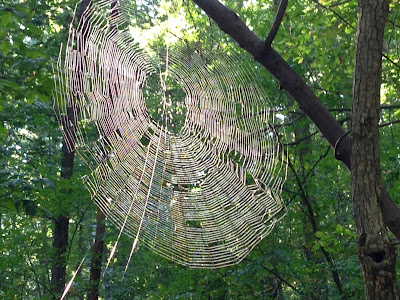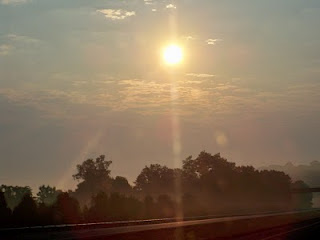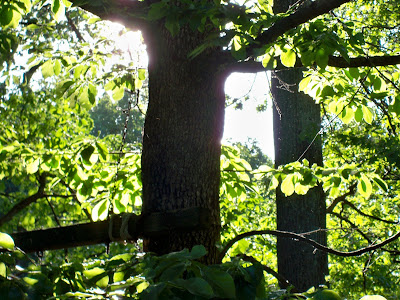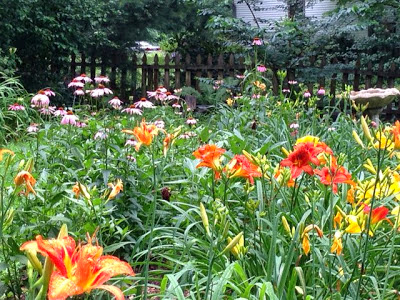Dew Point
The technical definition of dew point is the temperature to which air must be cooled in order to reach saturation. My weather sources tell me that dew point is a more accurate measure of moisture in the air than relative humidity. A dew point of 60 is comfortable; a dew point of 70 is not.
But I like the sounds of the words, both alone and together. Dew. Point. Dew point.
And I like the images they connote: A summer lawn glistening with moisture. A summer evening filled with cricket and katydid song. A summer morning dash in my nightgown for the newspaper. It’s covered with moisture. I shake off the plastic bag before pulling out the paper to read.
Before I’m saturated with the day, I’m saturated with the dew. That’s my dew point.






